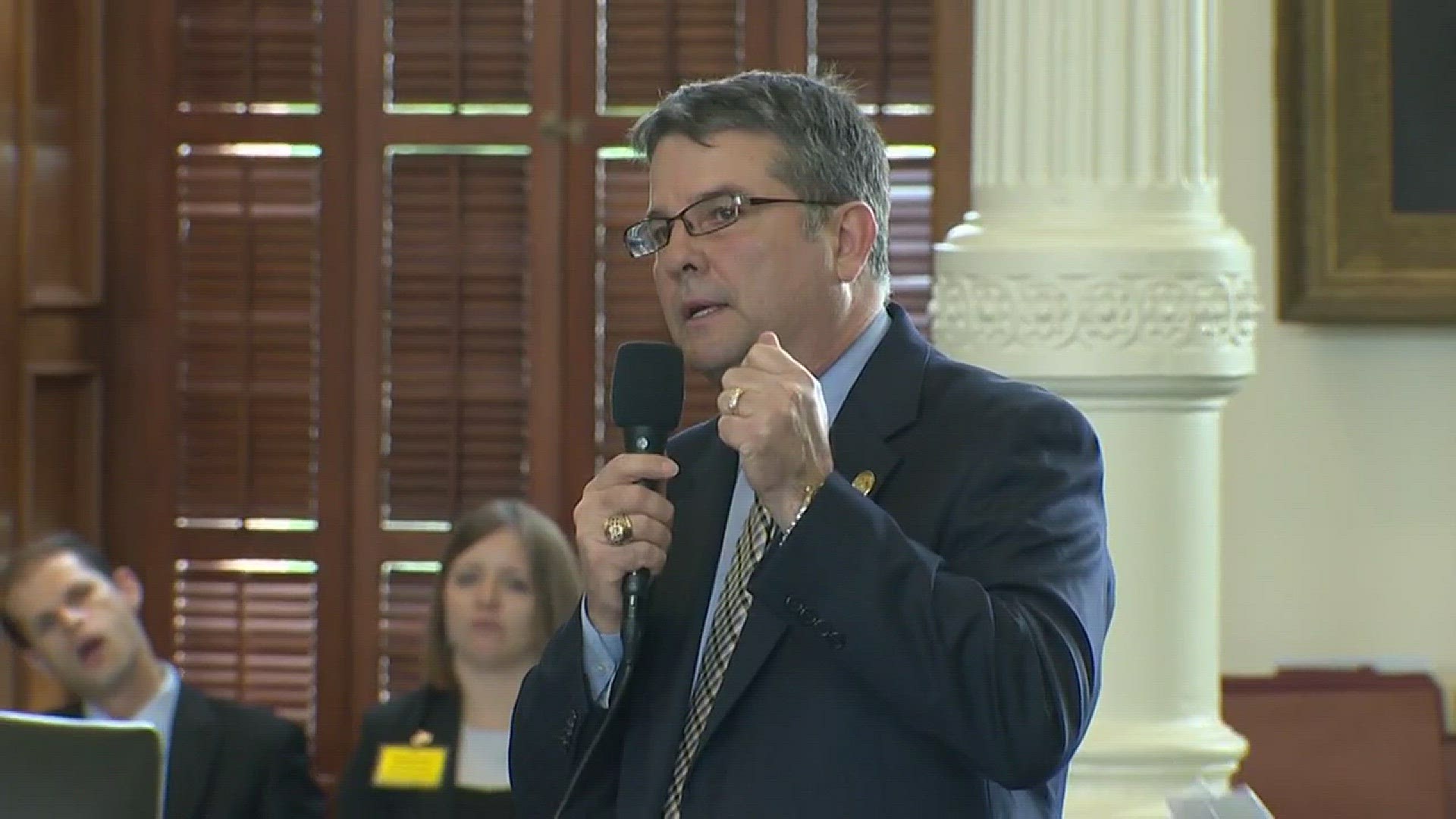Despite protests, sit-ins and hours of emotional testimony at the capitol, the State of Texas is another step closer to initiating a law banning so-called sanctuary cities.
The Senate voted on party lines to accept the amendments to Senate Bill 4 (SB 4) made by the House of Representatives. SB 4 requires all law enforcement honor ICE detainers -- which are voluntary requests from U.S Immigration and Customs Enforcement to hold someone in jail while their immigration status is investigated.
The morning following the vote, Travis County Sheriff Sally Hernandez issued a statement about the bill:
It is unfortunate that fear and misinformation enabled SB4 to pass. It should be obvious that my implementation of a policy, meant to meet our community’s need, did not violate any law. Otherwise, the Texas Legislature wouldn’t have felt compelled to make a new one. I am disappointed, because this is not in the best interest of public safety. It ties the hands of our law enforcement agency and pushes victims of crime into the shadows. While I hate seeing a state law like this come to pass, I have always followed the law and that will not change.
Before the vote, Sen. Charles Perry, the author of the bill, talked about what SB 4 won't do, but still met strong opposition.
"Nowhere in the bill, as it comes back from the House, does it instruct law enforcement officers to ask for papers. Nowhere in this bill does it allow officers to stop someone solely to enforce federal immigration law," said Sen. Charles Perry.
Even still, some legislators are apprehensive.
"I have concerns this legislation will lead to harassment and profiling of Latinos, especially our children. And this is the last thing any of us would want. We certainly don't want walking while brown to become reasonable suspicion," said Sen. Sylvia Garcia.
Several other lawmakers made passionate arguments against SB 4, noting nearly all Texas police chiefs, sheriffs and law enforcement organizations are against it.
Numerous organizations have made it clear -- if the bill becomes law, they will file a lawsuit against the state.

